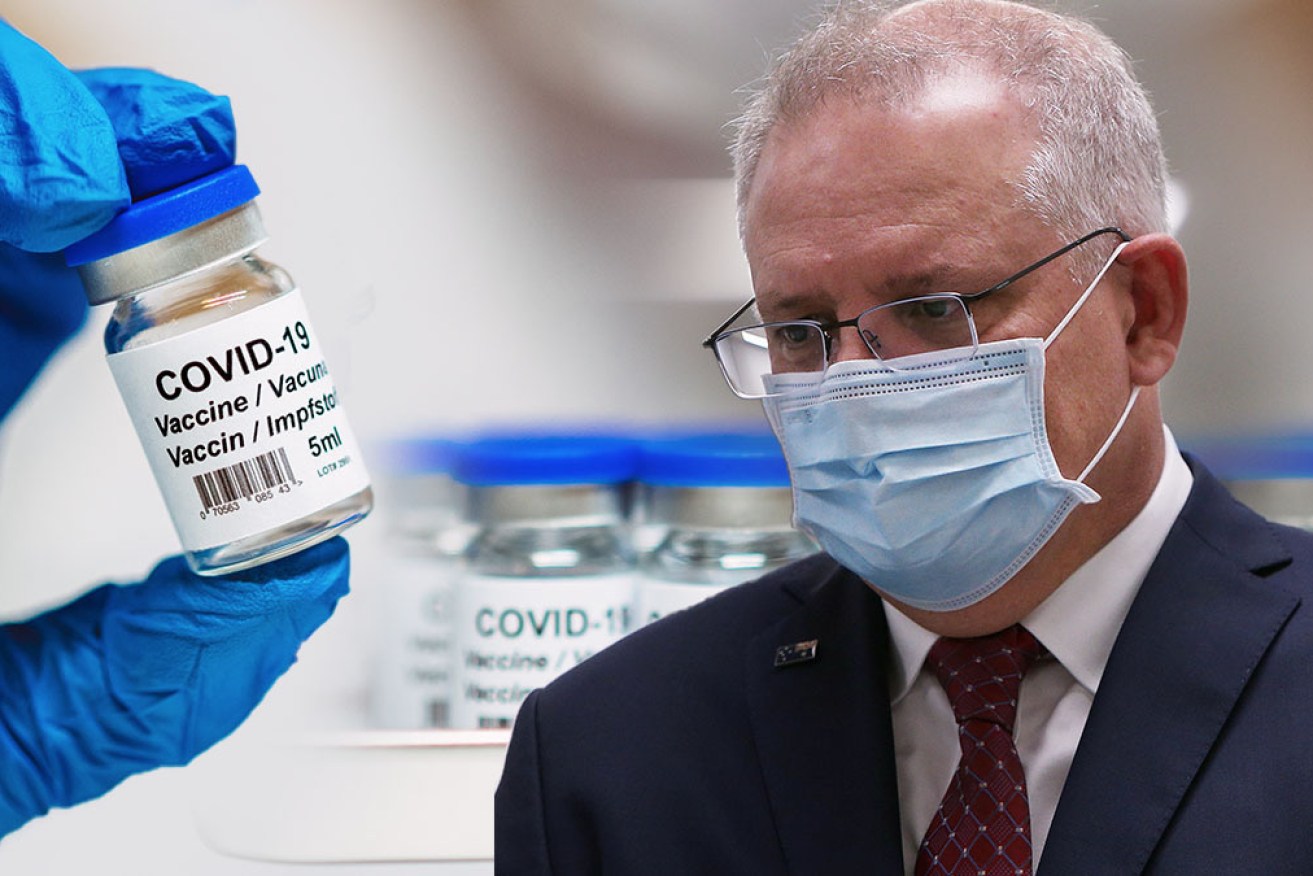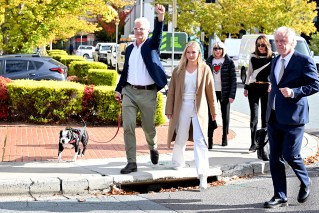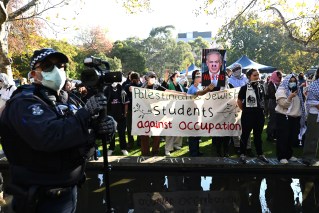Questions remain over the mandatory jab that isn’t compulsory


There are still questions over the potential vaccine Photo: TND
A complicated set of messages have come from the federal government in the last day-and-a-half, with a deal that turned out to not be a deal for a mandatory vaccine which won’t be compulsory after all.
The government’s signing of a letter of intent with British drug maker AstraZeneca to secure an Oxford University vaccine has caused some confusion, after initially being claimed by Prime Minister Scott Morrison as a “deal”. However, the company later clarified, saying it was some time before a done deal was locked in.
“The next step will be to conclude other contractual agreements, including arrangements with a selected manufacturer who can produce the vaccine locally,” an AstraZeneca spokeswoman told The New Daily.
“We look forward to confirming the next steps with the Australian government and other critical partners shortly.”

Australia has signed a letter of intent with British drug maker AstraZeneca. Photo: AAP
In a statement, Mr Morrison said “under this deal we have secured early access for every Australian.” However, later in the same statement, the government said “a final formal agreement will include distribution, timing and price of the vaccine”, with those details not yet ironed out at this stage.
Asked about the difference between a ‘letter of intent’ and a ‘deal’, deputy chief medical officer Dr Nick Coatsworth said it was “an important question”.
“The answer really is the ability of Australia to be able to produce a licensed vaccine in the country, is the way I understand it. And having that critical first step, as it relates to the Oxford vaccine, which is clearly one of the most promising vaccine candidates and why we’ve engaged first with AstraZeneca,” he said in response to The New Daily‘s question at a Wednesday press conference.
“So that is why the media release today was done with colleagues from [vaccine manufacturer] CSL, and noting that we really do have, not just some serious research power, but some serious manufacturing capability in Australia through that particularly successful Australian company.”
There has also been consternation over how the government will encourage Australians to accept the vaccine, and whether it would be mandatory. On 3AW radio on Wednesday morning, Mr Morrison was asked by host Neil Mitchell if he would “be prepared to make the vaccination mandatory?”

Scott Morrison at AstraZeneca’s Sydney labs on Wednesday. Photo: AAP
“That’s the obvious answer to that, Neil, but that’s what I would be expecting,” the PM replied.
“I would expect it to be as mandatory as you can possibly make. There are always exemptions for any vaccine on medical grounds, but that should be the only basis.”
When Mr Mitchell suggested there could be “community resistance to mandating it”, Mr Morrison said the government would “take that issue when it presents”.
“But I’m certainly open to that suggestion but that is not a decision the government has taken,” he said.
But by 5pm, on another talkback radio station, Mr Morrison was seeking to clarify his earlier comments.
“Can I be really clear to everyone? It’s not going to be compulsory to have the vaccine. Okay? It’s not compulsory. There are no compulsory vaccines in Australia,” he said on 2GB.
“What we want to achieve is as much vaccination as we possibly can.”
Mr Morrison said Australia had “a mixture of measures” to encourage high vaccination rates. As an example, he spoke of ‘no jab no pay’ reforms he had enacted as social services minister, where parents who didn’t vaccinate their children would have their eligibility for government payments restricted.

Dozens of vaccines are being researched worldwide. Photo: Getty
“I think there’s been a bit of an overreaction to any suggestion of this; there will be no compulsory vaccine, but there will be a lot of encouragement and measures to get as high a rate of acceptance, as usual,” he said on Wednesday.
“There are no mechanisms for ‘compulsory’. I mean, we can’t hold someone down and make them take it… no one’s going to force anybody to do anything as a compulsory measure.”
So while the vaccine would be “as mandatory as you can possibly make”, it will also not be “compulsory”. It’s unclear at this stage how the government will encourage people to use the vaccine.
It’s already meeting with political opposition, however, with One Nation leader Pauline Hanson claiming she “won’t be forced by the Prime Minister to have an inadequately tested vaccine”.
The Oxford vaccine is actually undergoing rigorous testing, currently in stage-three trials where it will be tested on thousands of people before being rolled out any further.
“If Scott Morrison is looking for a fight, he’s got one,” Queensland senator Hanson said in a Facebook video which has racked up nearly 900,000 views in less than 24 hours.
Another question still to be answered, is around international reports that AstraZeneca has asked for indemnification against vaccine side-effects in agreements it signs for COVID vaccines.
Reuters reported last month that Ruud Dobber – AstraZeneca executive vice president, and president of its biopharmaceuticals business unit –
said “we as a company simply cannot take the risk if in … four years the vaccine is showing side effects.”
“In the contracts we have in place, we are asking for indemnification,” he said, according to Reuters.
The New Daily has put questions to federal health minister, Greg Hunt, as well as AstraZeneca’s Australian office. In a written response, the federal Department of Health said that details of negotiations with AstraZeneca “are commercial in confidence.”
In a press conference on Thursday, deputy chief medical officer Professor Michael Kidd was unable to comment.
“I am sorry, I have not seen the letter of intent that has been signed so I am unable to provide any advice on its content,” he said.








